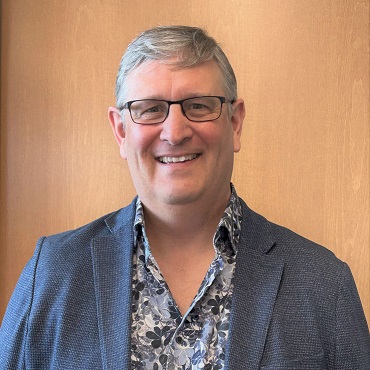Bradley Cairns received his B.S. (Honors) in Chemistry from Lewis and Clark College, his PhD in Cell Biology from Stanford University, and conducted his postdoctoral training at Harvard Medical School (Genetics). He is now Professor and Chair of the Department of Oncological Sciences, an Investigator with HHMI, and the Jon M. Huntsman Presidential Endowed Chair in Cancer Research and Chief Academic Officer at Huntsman Cancer Institute. He was elected to the American Academy of Arts and Sciences in 2017.
Dr. Cairns and colleagues strive to understand how chromatin structure/remodeling regulates gene expression, development and cancer. Dr. Cairns was the first to purify a chromatin remodeling complex (SWI/SNF complex), which opens up genes within chromosomes to enable their expression, and revealed their detailed mechanisms. His lab’s profiles of germline/sperm chromatin revealed the poising of developmental genes for future expression, and his single-cell analysis of human spermatogonial stem cells revealed how chromatin and gene expression alterations promote sperm development. His lab has also provided multiple insights into how chromatin structure is established and remodeled to control gene expression and development in early embryos.
Professional position
- Professor and Chair, Oncological Sciences, Spencer Eccles School of Medicine, University of Utah
- Chief Academic Officer, Huntsman Cancer Institute, University of Utah
Subject groups
-
Molecules of Life
Biochemistry and molecular biology, Biophysics and structural biology, Cell biology (incl molecular cell biology)

